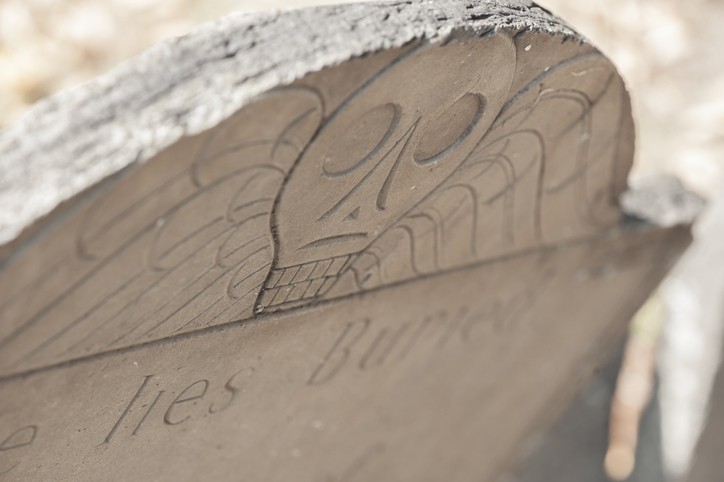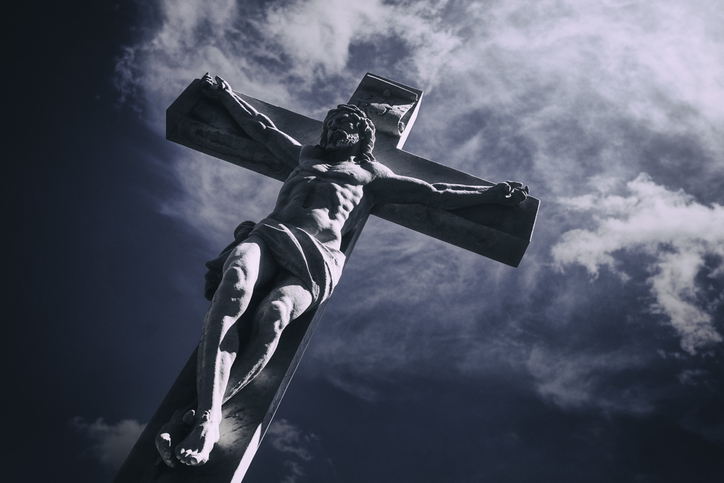I am the firstborn of my parents. My mom knew just what she wanted her daughter to be like. I started dance classes when I was three in the hopes that I would become graceful and elegant. I did all of the “right” things and I was raised very conscious of the importance of my being a role model to my siblings for what to do and what not to do. I am a born and raised rule follower.
So it is difficult when I encounter someone like the leper in today’s Gospel, who, after receiving God’s mercy, receives a direct command from Jesus and then does the complete opposite. Jesus shows pity and touches the man, heals him and gives him very clear instructions, “See that you tell no one anything, but go, show yourself to the priest and offer for your cleansing what Moses prescribed.” But what happens? “The man went away and began to publicize the whole matter.” What!?! Didn’t you hear what Jesus told you? How could you not follow this one simple rule?
To top it off, no more is said about the man’s apparent disobedience. Mark continues on to Chapter 2 and the healing of the paralytic. The commentaries I consulted had nothing to say about this portion of the story but it is the part of the story that my well-trained eldest child brain can’t let go.
And when I am really honest with myself, some of my problem is that I am jealous. Not of the obvious things like the direct miracle of his healing, but because the man was so excited he just couldn’t stop talking about Jesus. He may not have followed instructions, but he sure followed the leader. I want that.
I have been so fortunate to not have had any major health issues in my 57 years. I have had the usual bumps and bruises (Sorry, Mom, despite your best efforts, I am neither graceful nor elegant!), bugs and bothers, but nothing that has disrupted the long term trajectory of my life. Yet, there are countless small healings and blessings that have graced my path through life. Times when things could have gone bad and didn’t. Yet, I don’t focus on those things. I fuss when things don’t go the way I think they should, when my way is not The Way. Sometimes I get so busy following the rules, that I neglect to follow my leader. There are times when I need to let go of what I think should be and just revel in the fact that God’s got this. His healing and his blessings come in his time. He has his eye on me. “Even all the hairs on your head are counted. So do not be afraid…” (Matthew 10:30-31)
“He spread the report abroad so that it was impossible for Jesus to enter a town openly. He remained outside in deserted places, and people kept coming to him from everywhere.”
Dear Jesus, Lead me so that my life is such a reflection of you, your healing and joy that when I meet others, they too want to find come and find you.

If you catch Sheryl sitting still, you are most likely to find her nose stuck in a book. It may be studying with her husband, Tom as he goes through Diaconate Formation, trying to stay one step ahead of her 5th and 6th-grade students at St Rose of Lima Catholic School or preparing for the teens she serves as Director of Youth Evangelization and Outreach in her parish collaborative. You can reach her through her through www.youthministrynacc.com.























